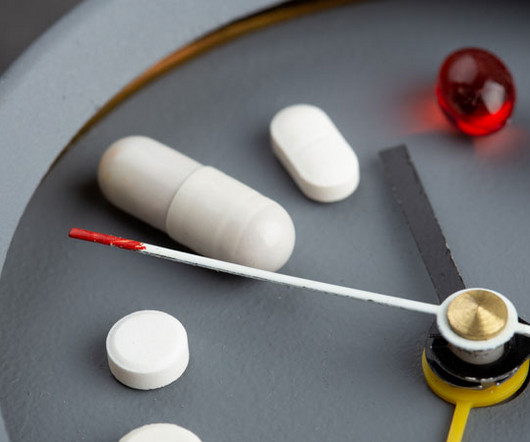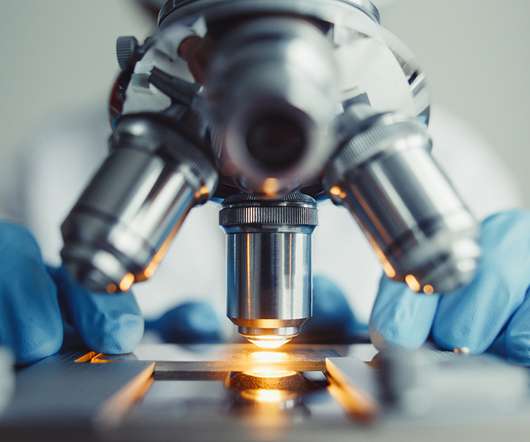Clearing the air on liposomes and LNPs in drug delivery
Express Pharma
APRIL 4, 2024
True enough, the use of liposomes and LNPs as carriers for highly specialised drug and biologic payloads, notably mRNA therapies, has experienced remarkable growth—notably, the initial SARS-CoV-2 vaccines authorised for use employed LNPs as delivery mechanisms for mRNA payloads. So, in that sense, both are effective in drug delivery.











Let's personalize your content